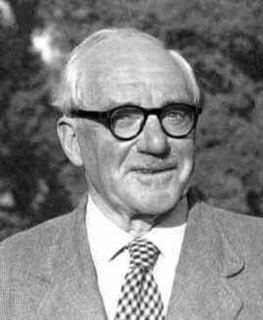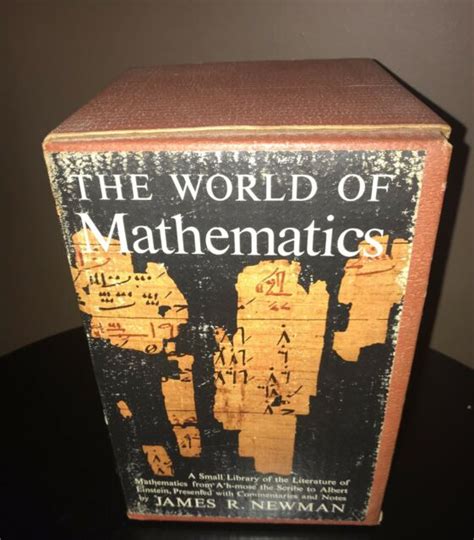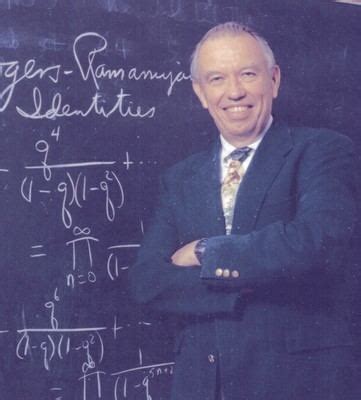Top 15 Ramanujan Quotes & Sayings
Explore popular Ramanujan quotes.
Last updated on April 14, 2025.
Plenty of mathematicians, Hardy knew, could follow a step-by-step discursus unflaggingly-yet counted for nothing beside Ramanujan. Years later, he would contrive an informal scale of natural mathematical ability on which he assigned himself a 25 and Littlewood a 30. To David Hilbert, the most eminent mathematician of the day, he assigned an 80. To Ramanujan he gave 100.
Srinivasa Ramanujan was the strangest man in all of mathematics, probably in the entire history of science. He has been compared to a bursting supernova, illuminating the darkest, most profound corners of mathematics, before being tragically struck down by tuberculosis at the age of 33, like Riemann before him. Working in total isolation from the main currents of his field, he was able to rederive 100 years' worth of Western mathematics on his own. The tragedy of his life is that much of his work was wasted rediscovering known mathematics.
I remember once going to see him [Ramanujan] when he was lying ill at Putney. I had ridden in taxi-cab No. 1729, and remarked that the number seemed to me rather a dull one, and that I hoped it was not an unfavourable omen. "No," he replied, "it is a very interesting number; it is the smallest number expressible as a sum of two cubes in two different ways."
No mathematician should ever allow him to forget that mathematics, more than any other art or science, is a young man's game. ... Galois died at twenty-one, Abel at twenty-seven, Ramanujan at thirty-three, Riemann at forty. There have been men who have done great work later; ... [but] I do not know of a single instance of a major mathematical advance initiated by a man past fifty. ... A mathematician may still be competent enough at sixty, but it is useless to expect him to have original ideas.
... each of the 24 modes in the Ramanujan function corresponds to a physical vibration of a string. Whenever the string executes its complex motions in space-time by splitting and recombining, a large number of highly sophisticated mathematical identities must be satisfied. These are precisely the mathematical identities discovered by Ramanujan.







